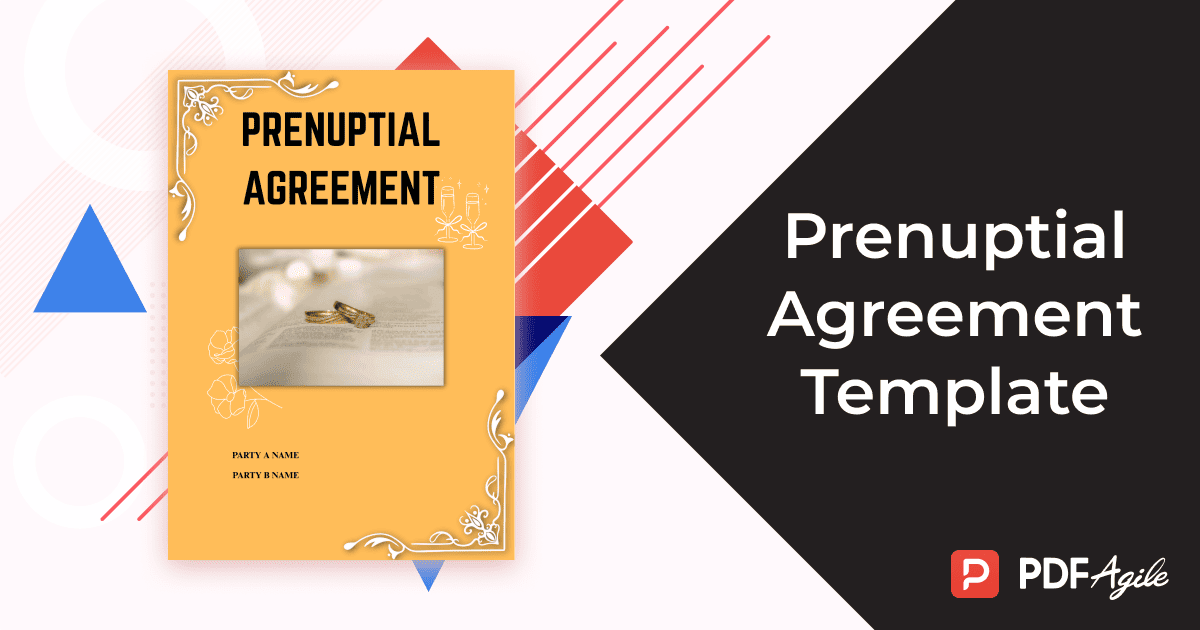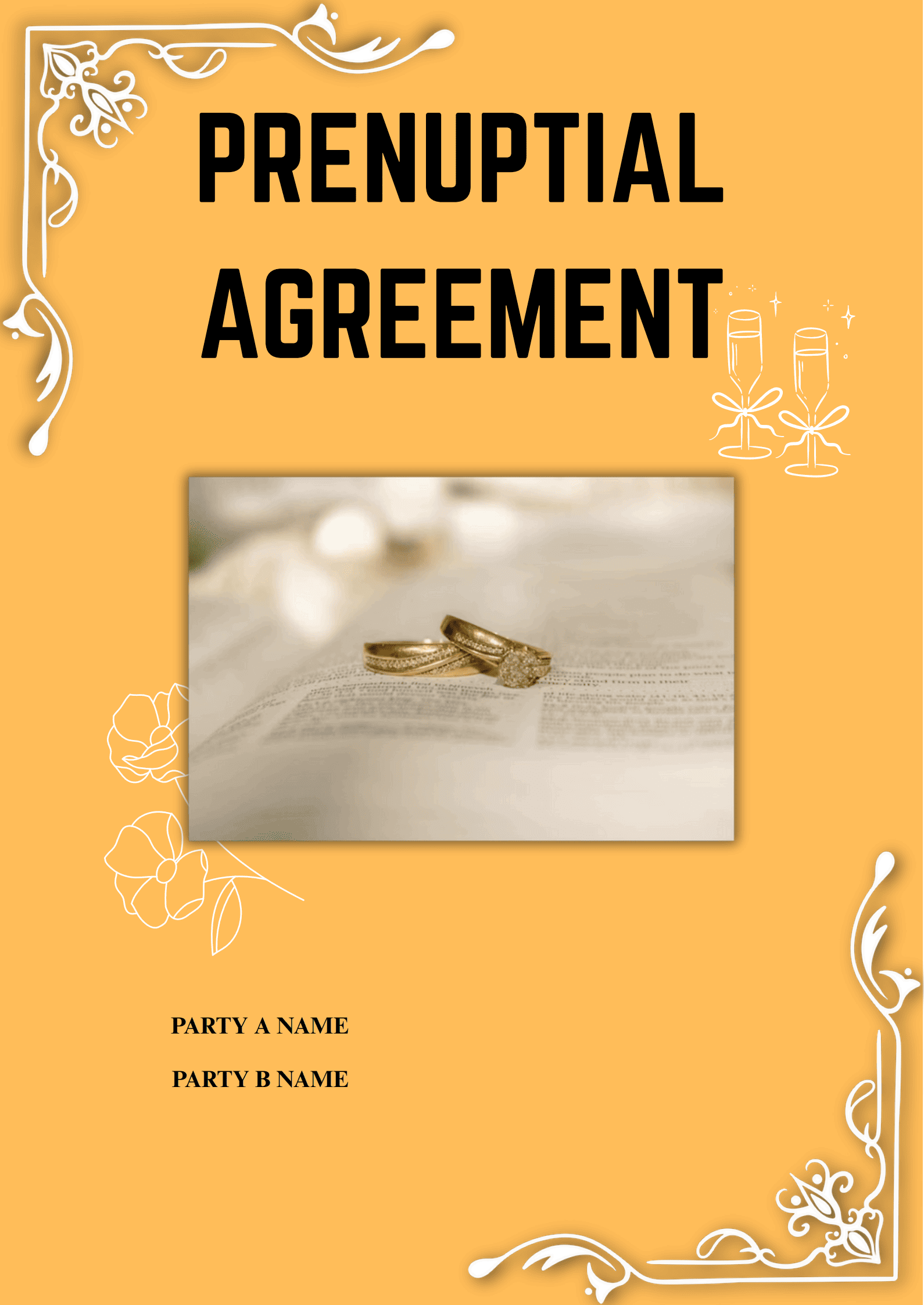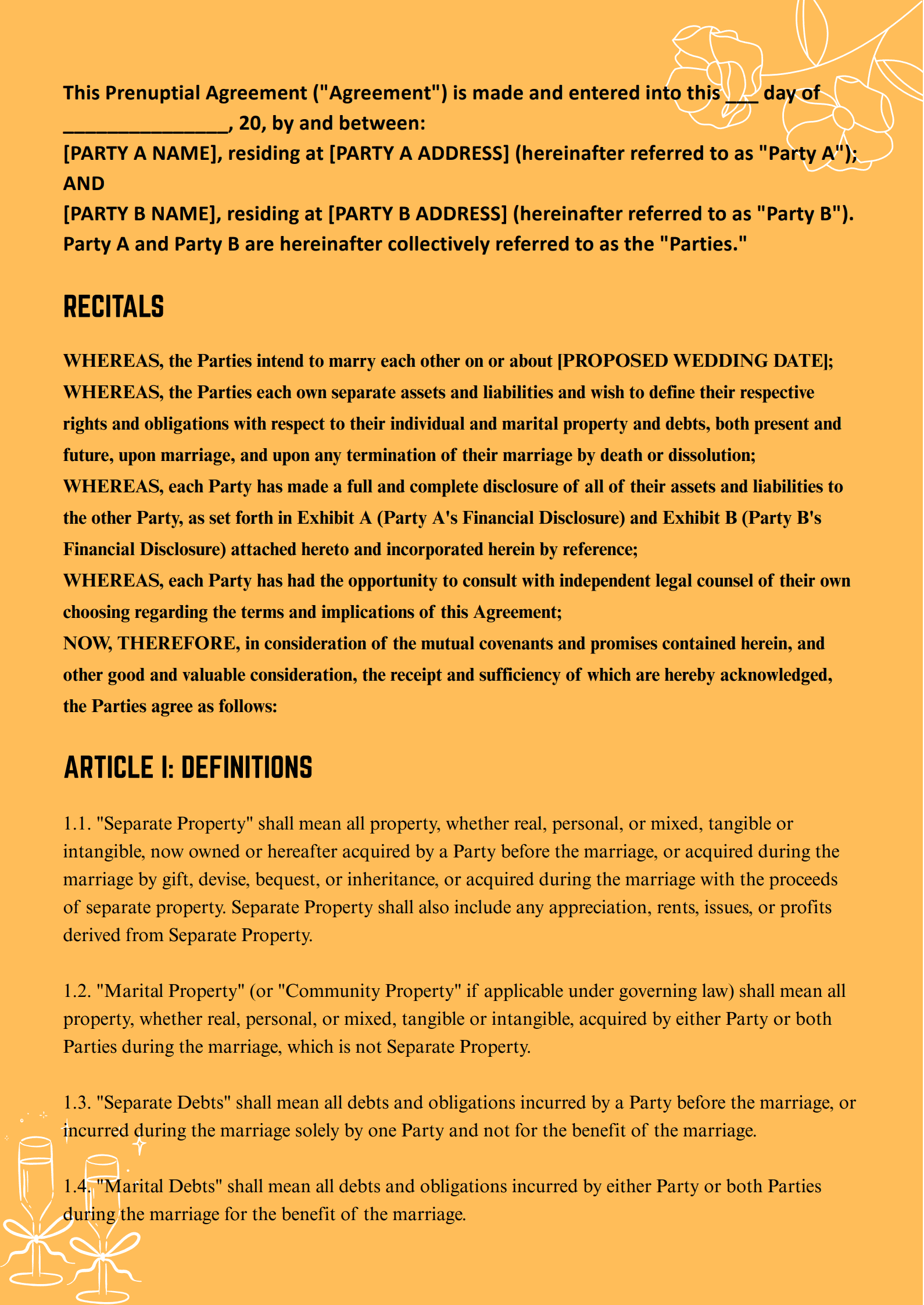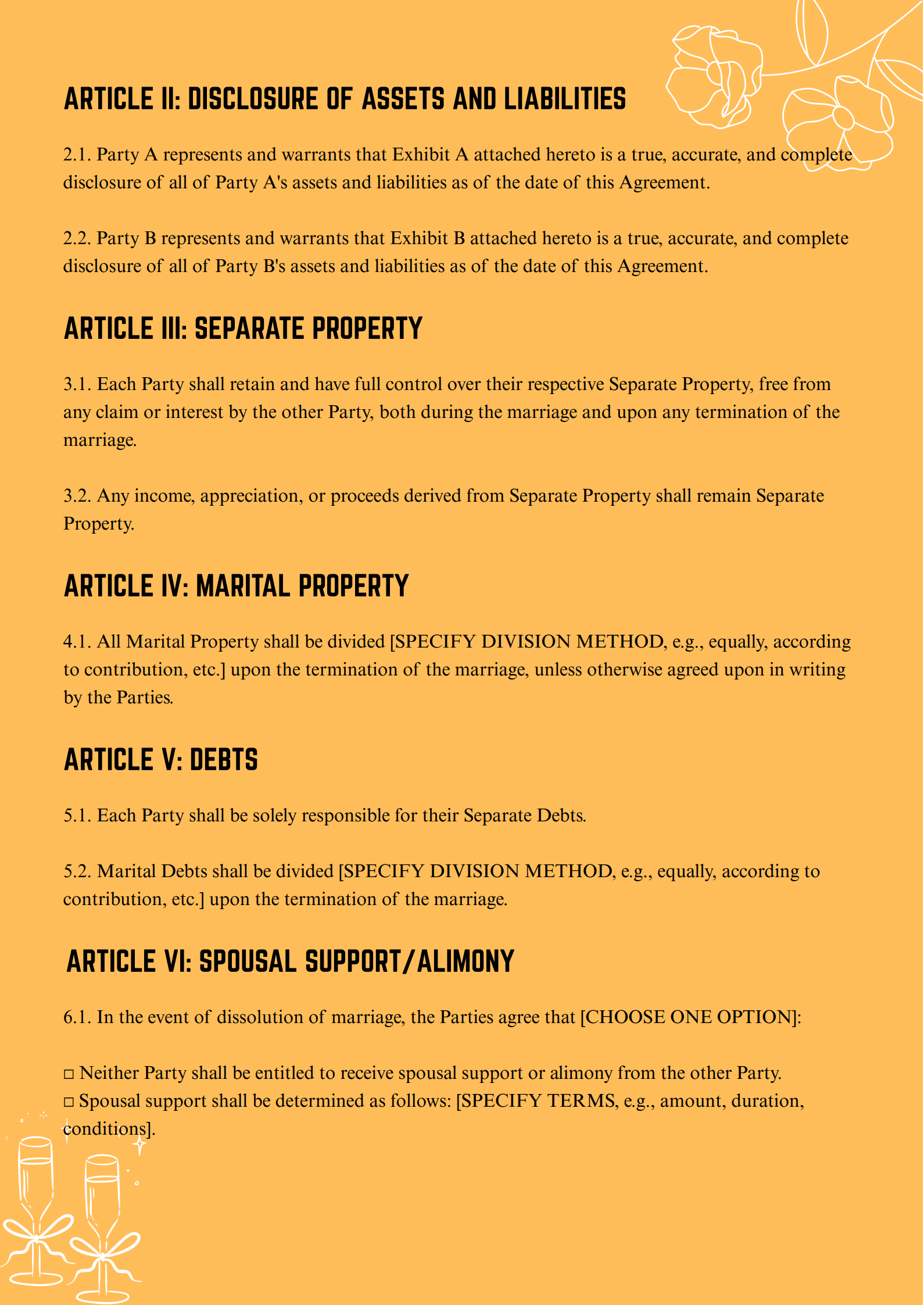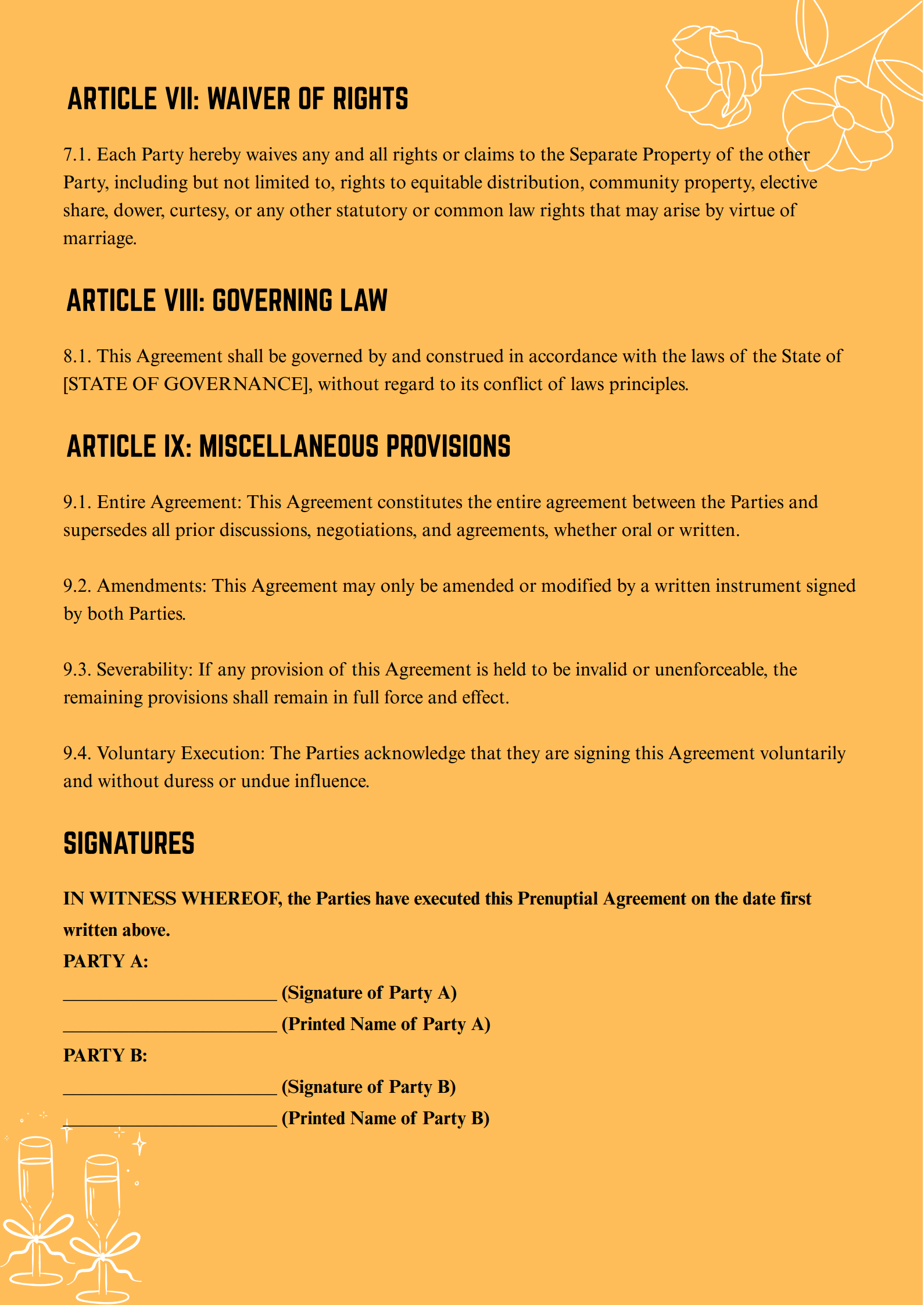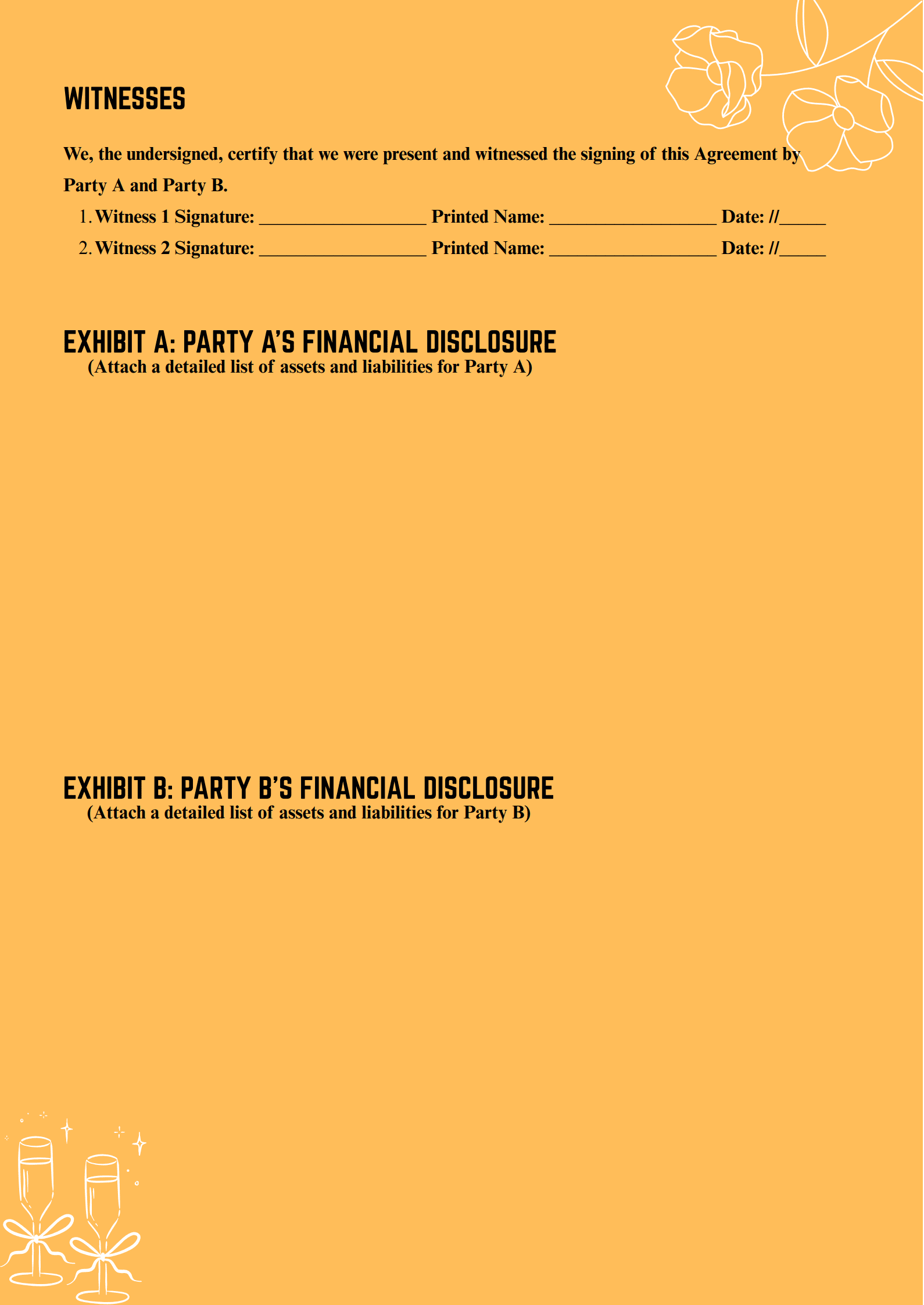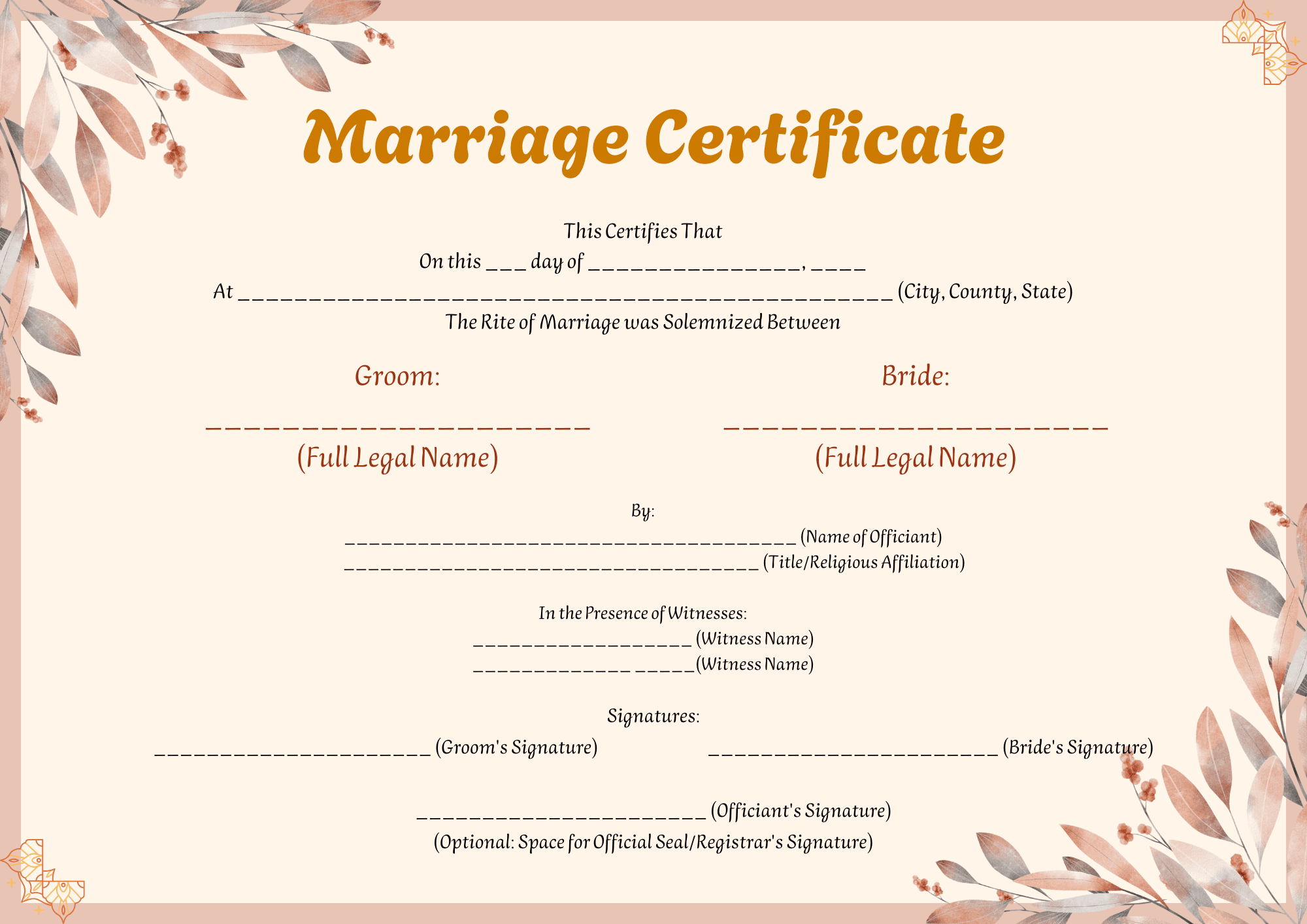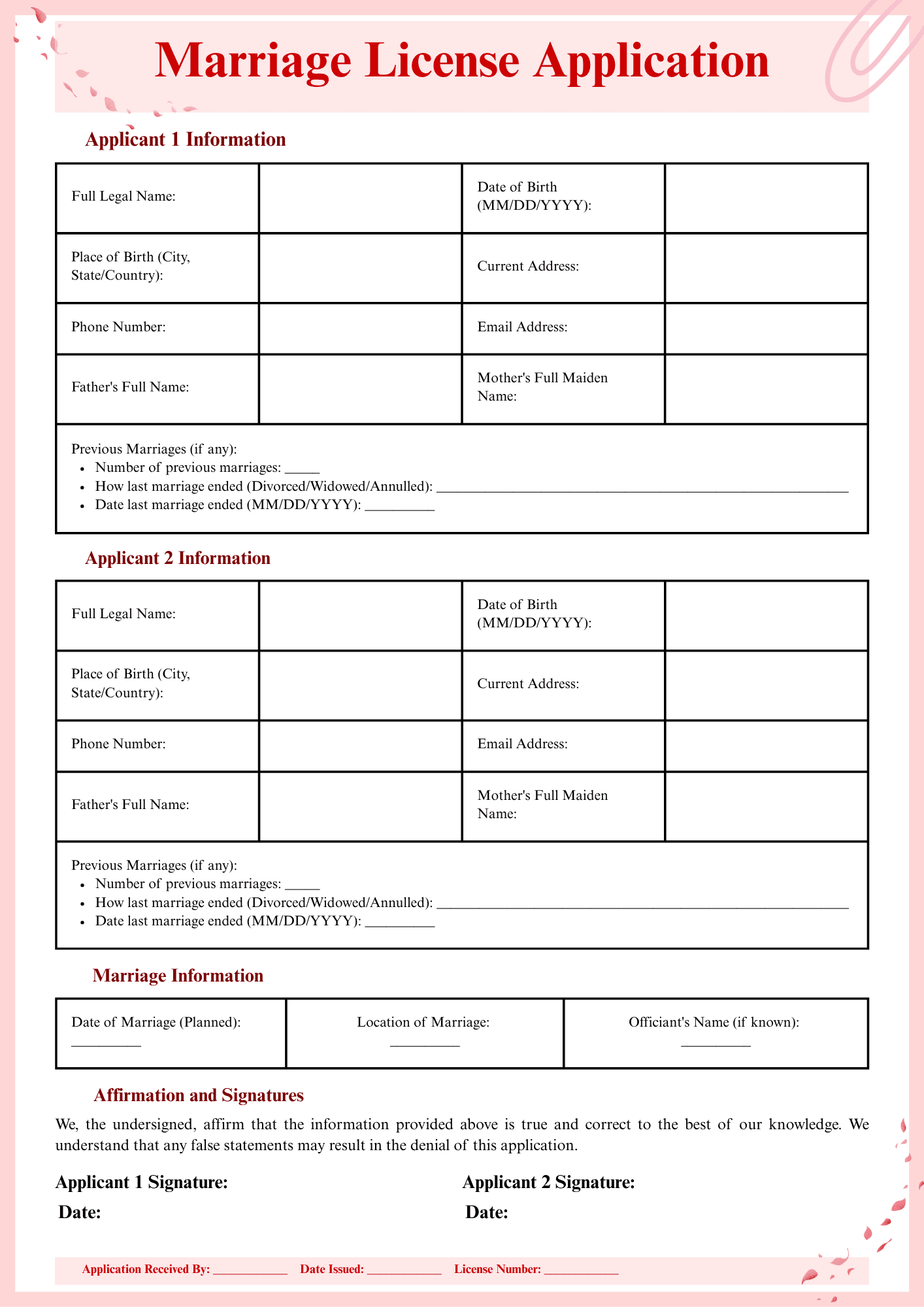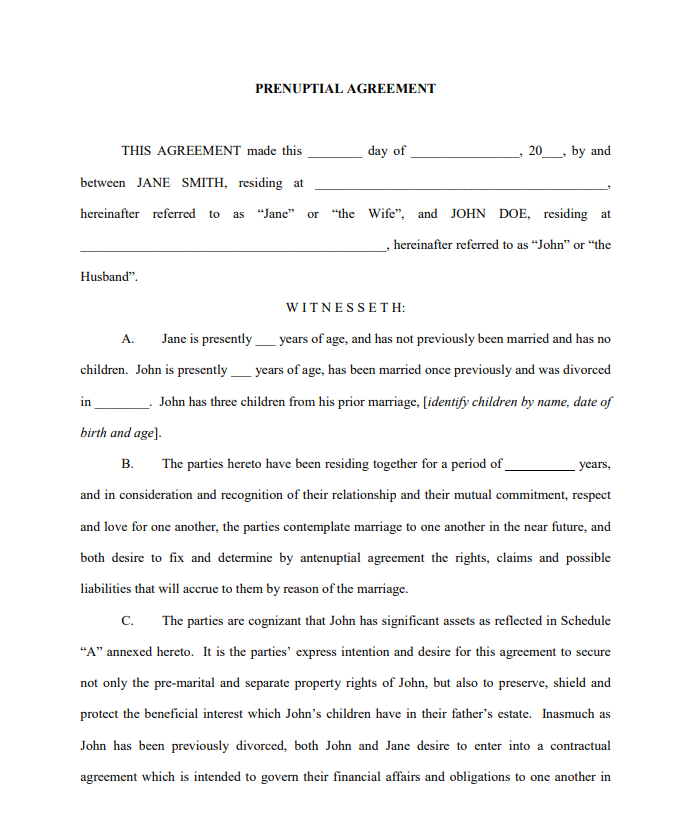Hey there, future spouses! As your friend who also happens to know a thing or two about marriage law, I'm here to chat about a topic that often gets a bad rap, but is actually a really smart and loving step for many couples: the prenuptial agreement. It's all about building a strong, clear foundation for your future together.
What is a Prenuptial Agreement?
A Prenuptial Agreement, often simply called a "prenup," is a legal contract entered into by two individuals before they get married. Its primary purpose is to define how assets and debts will be divided in the event of a divorce or death. While it might sound unromantic, a prenup is actually a powerful tool for open communication and clarity, allowing couples to discuss and agree upon financial expectations and responsibilities before marriage. It sets clear boundaries and expectations, which can prevent misunderstandings and disputes down the line.
What are the Differences between Prenuptial Agreement and Similar Documents
It's easy to confuse a prenuptial agreement with other legal documents. Here's a quick breakdown of the key differences:
1. Prenuptial Agreement vs. Postnuptial Agreement:
- A Prenuptial Agreement is signed before the marriage.
- A Postnuptial Agreement is signed after the marriage has already taken place. The purpose is similar – to define financial arrangements – but the timing is different.
2. Prenuptial Agreement vs. Divorce Decree/Settlement Agreement:
- A Prenuptial Agreement is a proactive contract made before marriage to establish terms in advance.
- A Divorce Decree or Settlement Agreement is the final legal document issued by a court at the end of a divorce, outlining the actual division of assets, debts, and custody arrangements based on negotiations or judicial decisions at that time.
Let's Dive into an Illustrative Example!
Let's say our friends, John and Emily, are deeply in love and planning their wedding. Emily has a successful business she started years ago, and John inherited some family property. They're both practical and want to ensure their financial futures are clear and secure, no matter what life throws their way.
So, before they walk down the aisle, they decide to create a prenuptial agreement. We sit down, and I help them navigate the template. We discuss their individual assets and debts, their future financial goals, and how they envision handling finances during their marriage. They openly share their expectations about separate property, marital property, and even potential spousal support. By filling out the Prenuptial Agreement template, they're not just signing a document; they're engaging in a profound conversation about trust, transparency, and mutual respect, laying a strong, clear foundation for their marriage. It’s a moment of honest communication that strengthens their bond, knowing they've thoughtfully planned for their future, together.
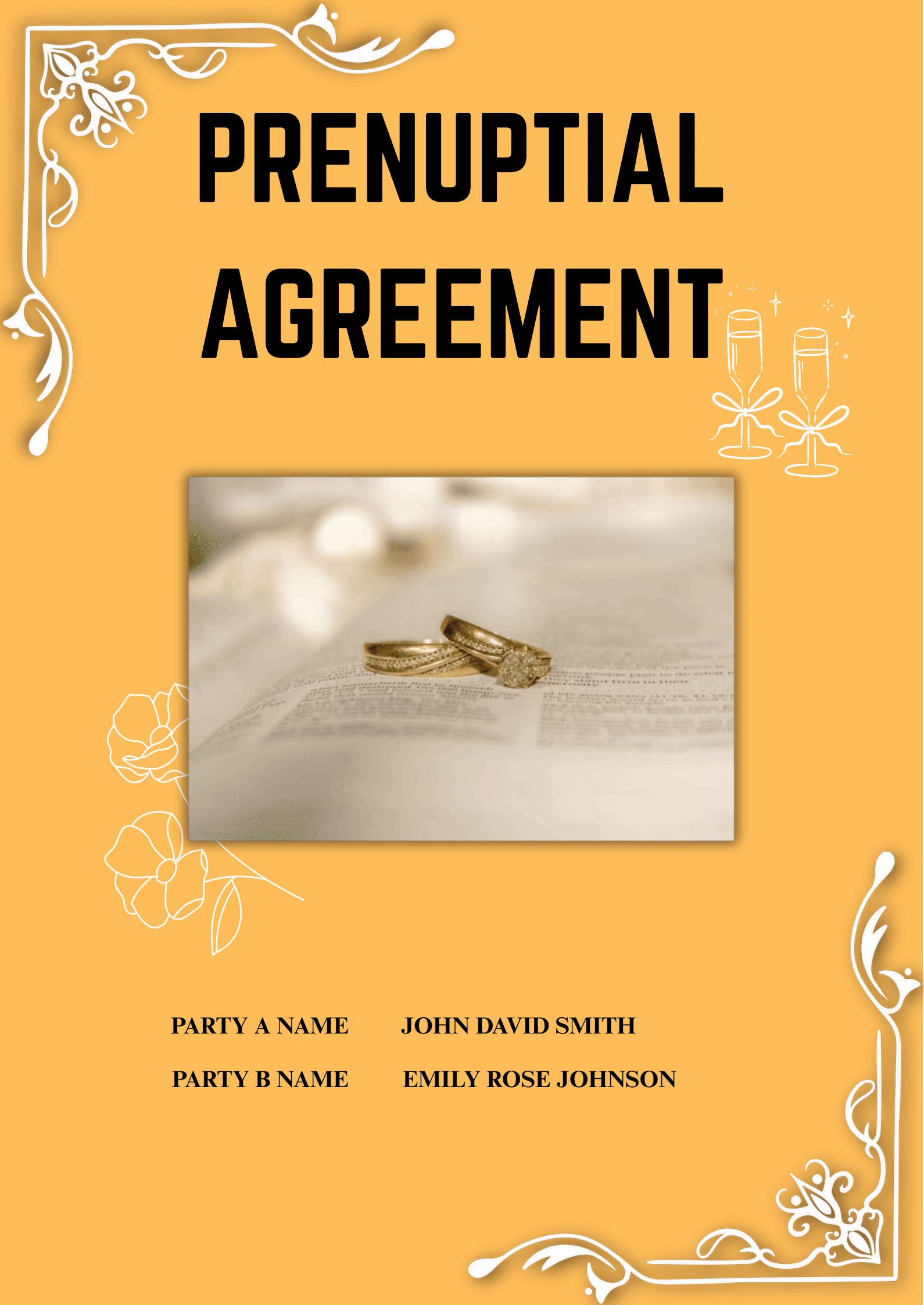
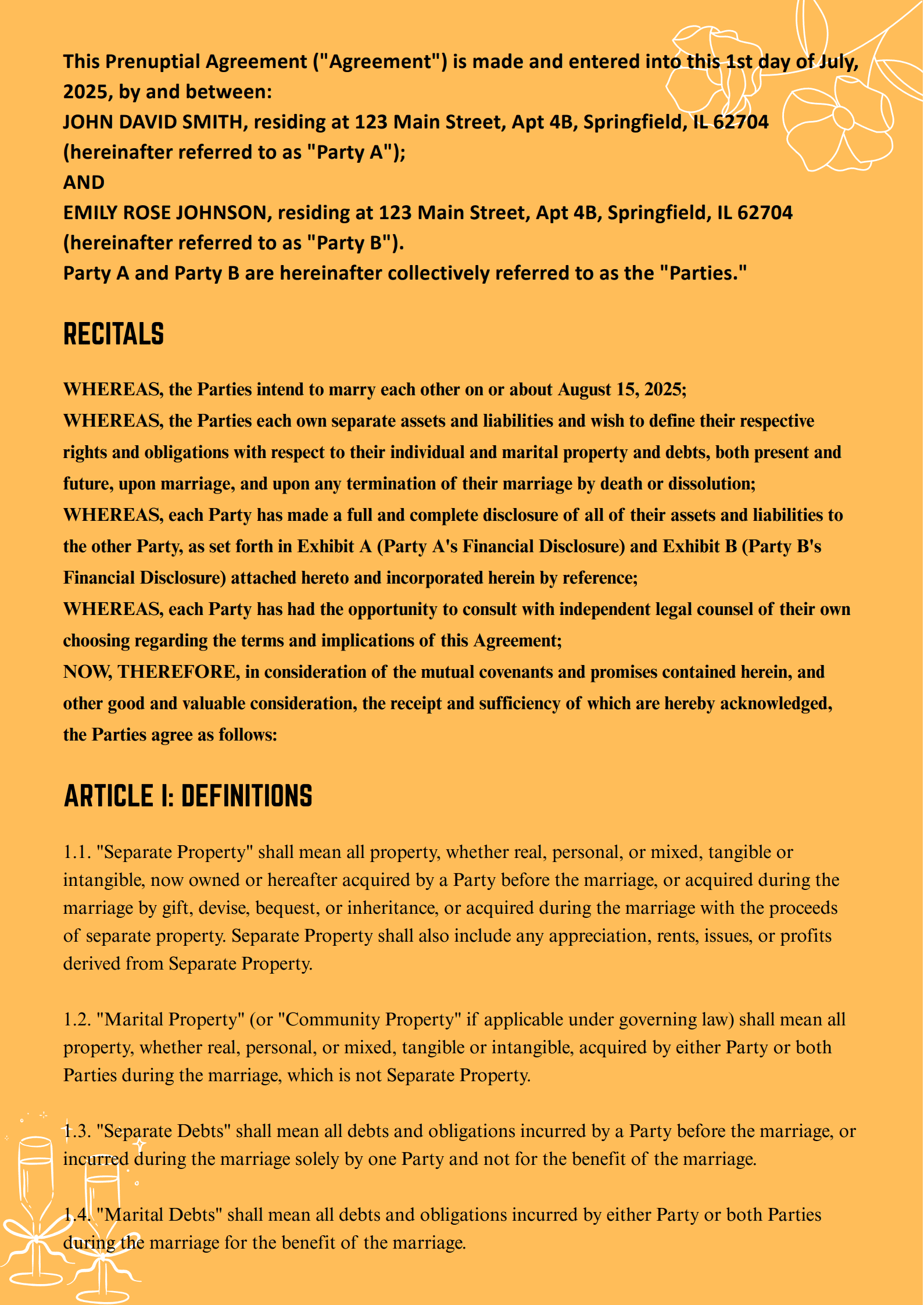
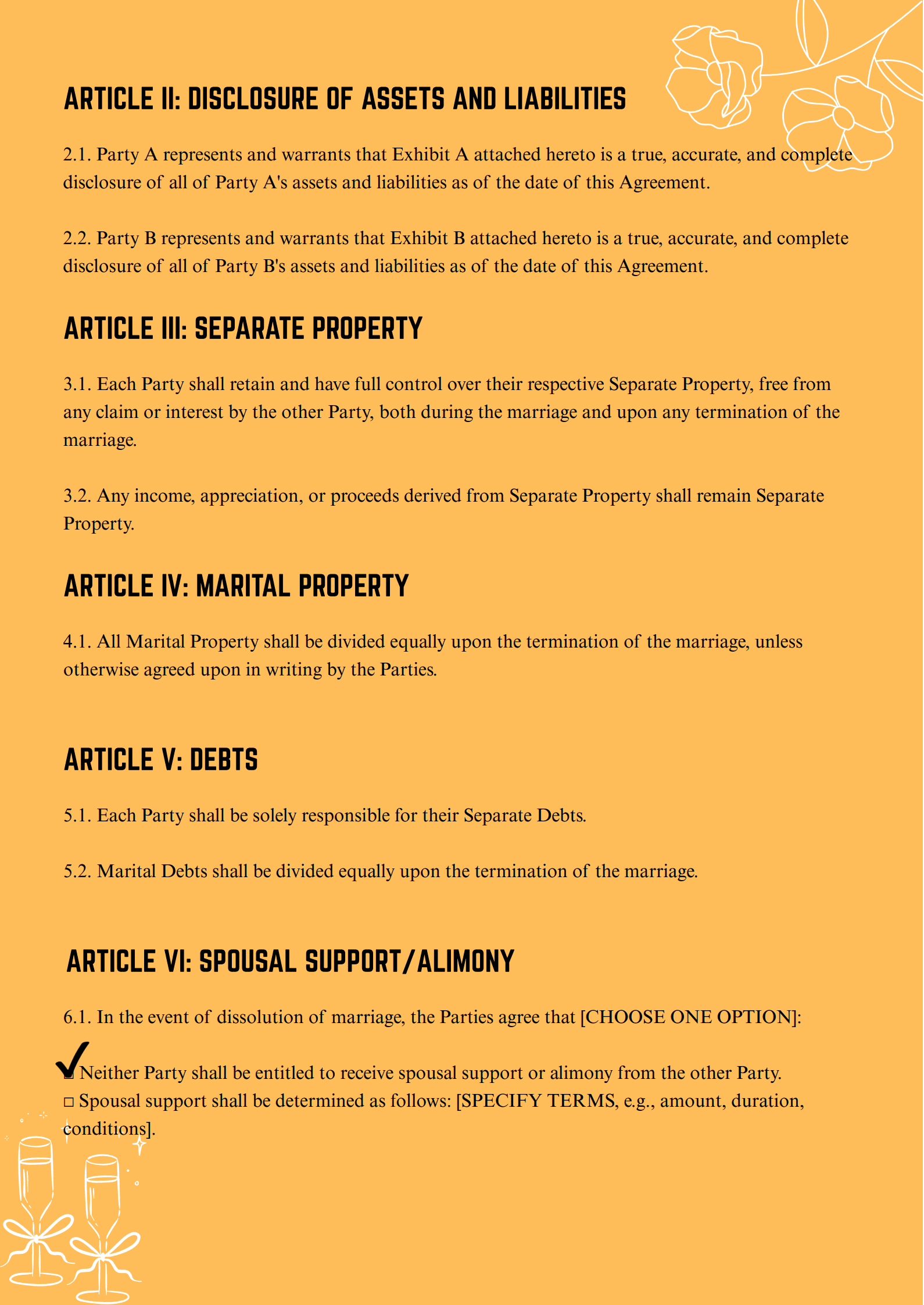
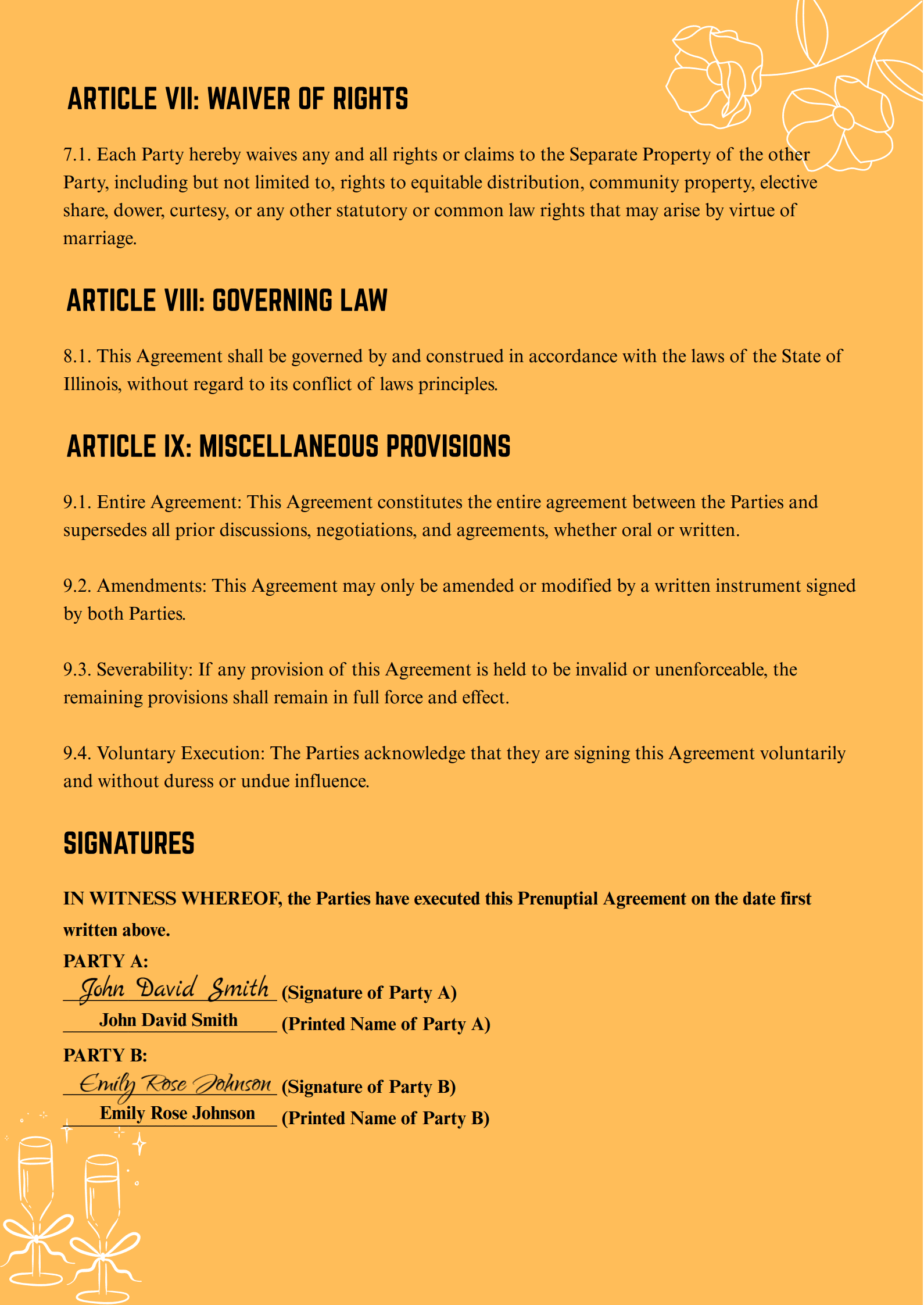

Frequently Asked Questions about Prenuptial Agreements
Q1: What can a Prenuptial Agreement cover?
A1: A prenup can cover a wide range of financial matters, including: Defining separate property (assets owned before marriage) and marital property (assets acquired during marriage), Division of assets and debts in case of divorce, Spousal support (alimony) arrangements, Management of joint bank accounts and investments, Protection of family inheritances or business interests, Responsibilities for household expenses. It generally cannot cover child custody or child support, as these are determined by the courts based on the child's best interests at the time of divorce.
Q2: Are prenups only for the wealthy?
A2: Absolutely not! While often associated with high-net-worth individuals, prenups are beneficial for anyone entering marriage, regardless of their current financial status. They are especially useful for couples with: Existing assets or debts, Children from previous relationships, Family businesses or inheritances, Significant career differences or earning potential.
Q3: Do both parties need separate lawyers to sign a Prenuptial Agreement?
A3: While not always legally mandated, it is highly recommended that both parties have independent legal counsel review the agreement. This ensures that each person fully understands the terms, that the agreement is fair, and that it will likely hold up in court if challenged. An agreement signed without independent legal advice for both parties can be more easily challenged later.
Q4: Can a Prenuptial Agreement be challenged or changed after marriage?
A4: Yes, a prenup can be challenged in court, though a well-drafted and properly executed agreement is generally difficult to overturn. Grounds for challenging may include duress, fraud, lack of full disclosure, or unconscionability. A prenup can also be amended or revoked after marriage, but only through a new written agreement (a postnuptial agreement) signed by both parties.
Free Download: Your Customizable Prenuptial Agreement Template
Need a quick and easy way to create a professional Prenuptial Agreement Template? Download our free, customizable template by clicking the Use Template button on this page. Simply add your specific information and print them out.
